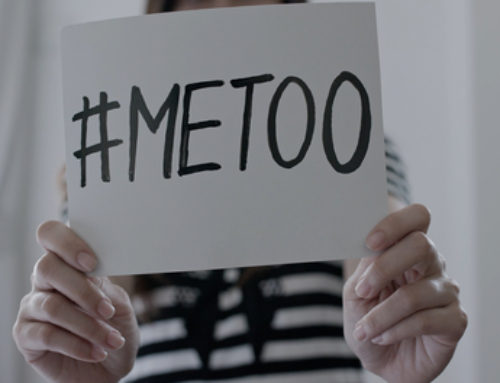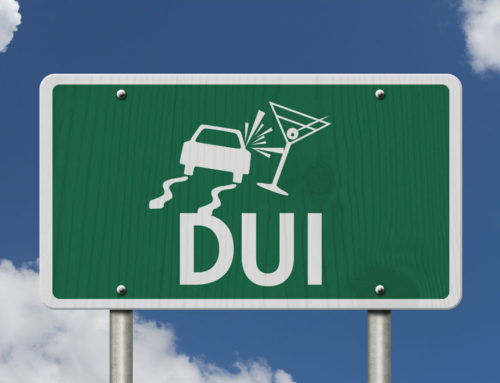A common question that every criminal defense attorney often gets from clients is, when is a person legally required to speak with police versus when a person can invoke his or her federal or state constitutional rights to remain silent. These federal and state constitutional rights are set forth under the Fifth Amendment to the United States Constitution and Article I, Section 9 of the Florida Constitution. The provisions protect the rights of a person not to be forced to testify against him or herself where doing so might put the person in jeopardy of being prosecuted for a criminal offense. You have the explicit right under Florida law to remain silent when a police officer asks you questions regardless of whether you have been arrested yet or not. In fact, you have the right to simply remain silent without even invoking your federal and state constitutional rights to do so. However, understand that in not answering an officer’s questions without at least advising the officer than you are invoking your right to remain silent can sometimes make a situation worse and result in someone being arrested where police might not otherwise do so. Therefore, if you choose not to answer a police officer’s questions and instead remain silent, it is often best to at least advise the police officer that you are doing so pursuant to your federal and state constitutional rights.
When Are Police Required to Give the Miranda Warning to Someone?
The legal requirement that you be given what is now called the Miranda warnings, after a 1966 U.S. Supreme Court case called Miranda v. Arizona, which explicitly requires police to inform you that you have the right to an attorney present for any questioning by police and that anything you say can be used against you, does not trigger for police until you are taken into what is known custody. This is a fancy way of saying when you are no longer free to leave of your own accord. What this means is that police are required to give you the warnings after they have made the decision to arrest you and, before they arrest you, they are not required to give the warnings. Therefore, if you have been pulled over by police and they’re simply asking you questions but have not yet taken you into custody, then the Miranda warnings would not be triggered, and police would be free to question you regarding anything under the sun without first warning you that anything you say can and will be used against you.
What if I Am Not Yet in a Custodial Interrogation? What Rights Do I Have?
If you are not yet in a custodial situation and are sitting in your car chatting to a police officer through a rolled down window and you have not yet been asked to step out of the car, then you are in a different boat altogether from, for example, someone who has been taken to the police station and is being questioned by police in a locked room from which he or she is not free to leave. Say, for instance, that a police officer has stopped you for speeding, a broken taillight or any other reason. You have not been placed under arrest, but you simply are asked by an officer in a friendly manner what your name is, what you are doing in a particular area and if you are from around there. According to a 2016 Florida Supreme Court decision, you are free to remain silent in such circumstances without that silence even being used to imply your guilt. Although you are under no legal compulsion to answer such questions, whether this is always a good idea or not is another question altogether. Understand that refusing to answer questions at all may make it more likely that police will arrest you. However, particularly given that you have no idea what information police actually are after, remaining silent is typically the best tact that you can take. However, explicitly stating that you are invoking your right to remain silent, although not required by Florida law, is often the best way to go because it may reduce any hostility police may feel towards someone who appears to be otherwise ignoring the officer.
Contact Experienced Palm Beach County Criminal Defense Attorney Bryan Raymond If You Mistakenly Said Too Much to Police
If you have been arrested or are facing criminal charges in Palm Beach County, Florida because you answered a police officer’s questions and in the process gave police information that implicated you in criminal wrongdoing prior to being arrested simply because you thought that you were required to do so, you will need an aggressive criminal defense attorney who will fight the charges against you tooth and nail. If you’ve been arrested for or charged with a criminal offense based on such a scenario in Palm Beach County, contact experienced criminal defense attorney Bryan Raymond today at (561) 682-1115 or [email protected].






